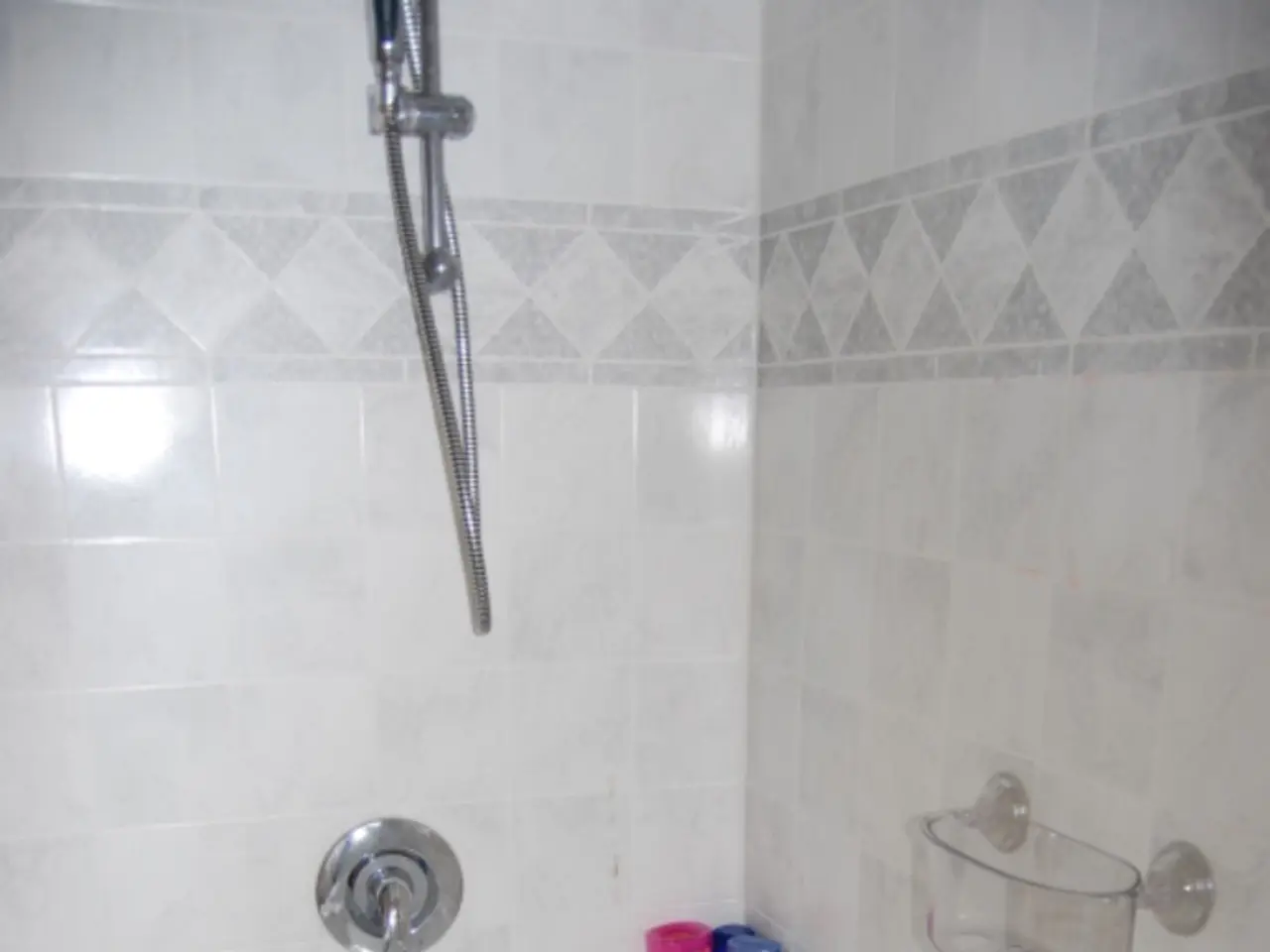Enhanced blood pressure and immune system response found through hot tub soaks
Hot Tubs Offer Stronger Benefits for Heart Health and Immune System Response
A new study conducted at the Bowerman Sports Science Center has found that soaking in a hot tub offers more significant benefits for heart health and immune system response compared to traditional saunas and infrared saunas.
The study, which involved 10 men and 10 women aged between 20 and 28 who exercised regularly, compared the effects of soaking in a hot tub, sitting in a dry heat sauna, and sitting in an infrared sauna. The researchers monitored subjects' body temperature, blood pressure, heart rate, cardiac output, immune cell populations, and blood biomarkers of inflammation before, during, and after each session.
The findings showed that hot water immersion raised core body temperature more than dry sauna, causing an increase in blood flow and immune system response. In particular, soaking in a hot tub at around 104°F (40°C) resulted in a significant increase in heart rate (+39 bpm), cardiac output (+3.7 L/min), and a drop in blood pressure (~14 mmHg).
Regarding the immune system, hot tubs triggered the greatest immune response. The study found that soaking in a hot tub stimulated immune cells such as natural killer cells and cytotoxic T cells, and these effects lasted up to 48 hours. Additionally, the researchers observed measurable reductions in acute inflammation markers. In contrast, saunas (both traditional dry and far-infrared) produced milder cardiovascular and immune effects.
The benefits of hot water immersion can last beyond the minutes spent directly in the hot tub. The study found that the increased cardiovascular stimulus and immune system response caused by soaking in a hot tub can have lasting effects, improving blood flow and immune response for several hours after the session.
It is important to note that hot tub use should be done in moderation and safely. The maximum safe temperature for a hot tub is 104°F (40°C), and it is recommended to limit soaking time to 15-20 minutes, especially at higher temperatures. Additionally, hydration is crucial to prevent dehydration and overheating during hot tub use.
Before using a hot tub, it is recommended to shower to maintain personal hygiene. It is also important to avoid alcohol and drugs before or during hot tub use. Heat therapy should be done with medical clearance, especially for individuals with heart conditions or other health issues.
In summary, hot tubs offer more significant benefits for boosting blood flow and immune response via heat therapy compared to saunas. The study found that hot tubs outperform saunas due to their more efficient heating mechanism and deeper physiological impact. Saunas still offer benefits like detoxification and skin health, but they are less potent for those specific cardiovascular and immune advantages.
- The science behind hot tubs suggests they could be an effective component in health-and-wellness plans, providing stronger benefits for heart health than traditional and infrared saunas, due to their increased immune system response and strong cardiovascular stimulus.
- Following the study, it is evident that therapies-and-treatments like hot tub use could play a crucial role in maintaining fitness-and-exercise regimens, as they activate immune cells such as natural killer cells and cytotoxic T cells, improving immune response for an extended period.
- Proper nutrition is essential to ensure overall well-being, including heart health. Consuming a balanced diet can support the benefits derived from hot tub immersion, as maintaining a healthy lifestyle involves a combination of fitness-and-exercise, nutrition, and wellness practices like heat therapy.




